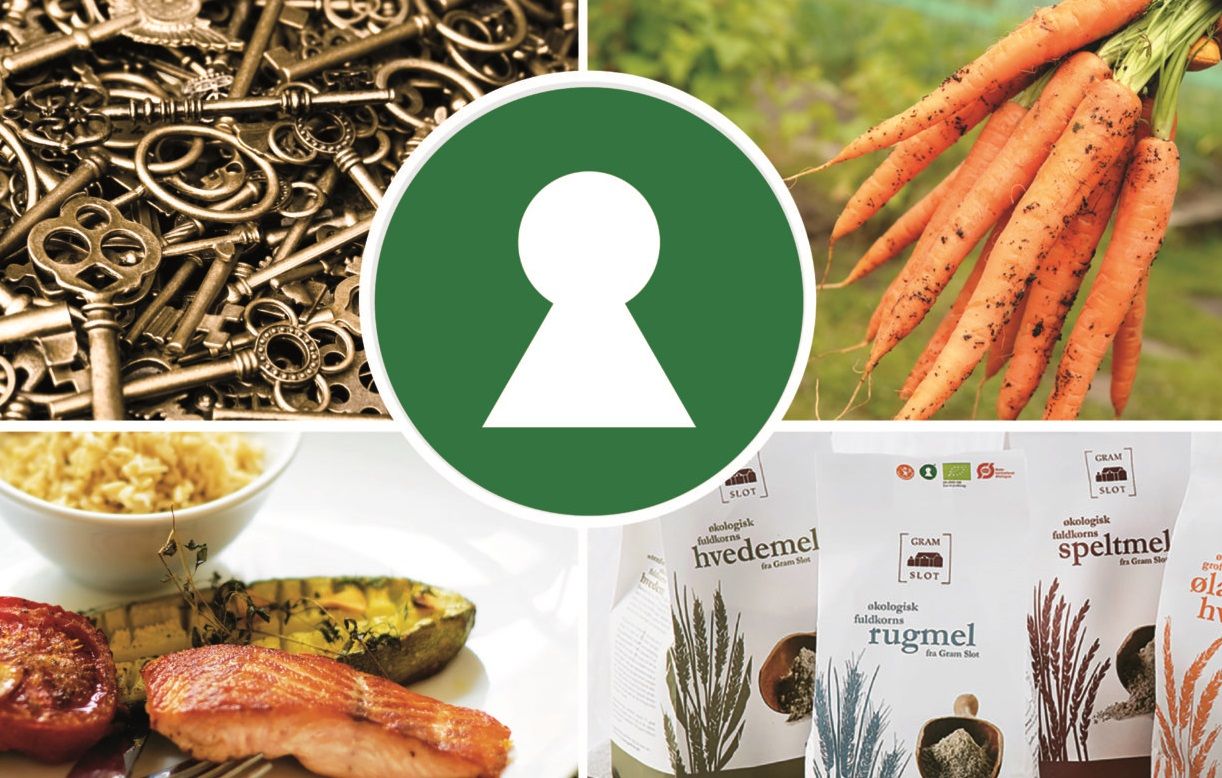The Food Ministry has provided supermarket customers with more choices in regards to eating healthier.
The ‘Nøglehullet’ (‘Keyhole’) nutrition label (in image above) has been adjusted to include more goods, without compromising quality or taste.
“It will be easier to make good food choices and follow nutritional advice, even when you are on the go. There is more demand for plant-based produce and ready-made meals – something we account for in the new Keyhole rules,” said Anne Pøhl Enevoldsen, a Food Ministry spokesperson.
Over the past 11 years, the label has helped consumers in the Nordic region pick food that is lower in fat, salt and sugar, which also has more fibre and whole grains.
READ ALSO: Hearts and stomachs: New animal welfare label to win over the Danes
Popular with consumers
Up until March 1, when the criteria changed for the Keyhole label, it was on about 4,000 goods in Danish supermarkets.
But that number is set to increase considerably now, as meat products, bread and cereals that include vegetables or legumes can also be designated with the Keyhole label.
According to a recent Epinion survey, almost 60 percent of Danes are very or reasonably aware of the Keyhole label.
And 30 percent said they buy Keyhole label goods every time or the majority of times when shopping.
The label also exists in Norway, Sweden and Iceland.















